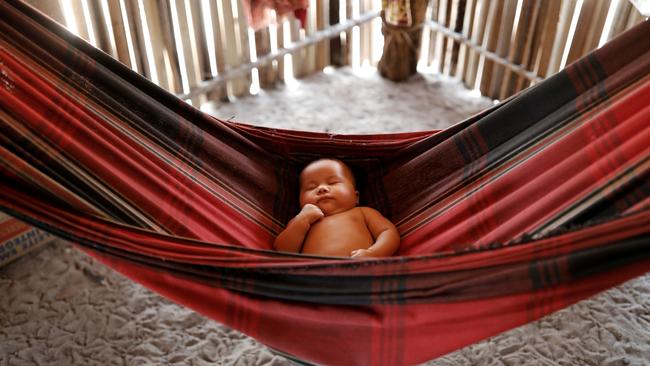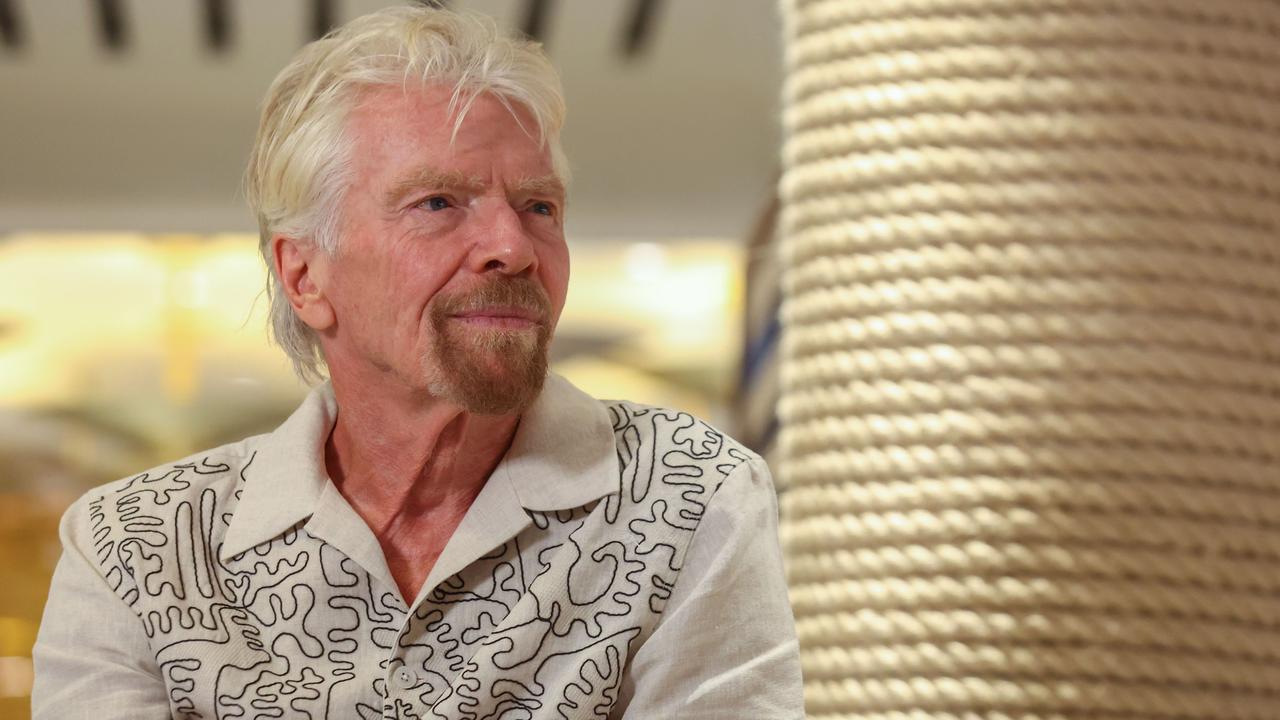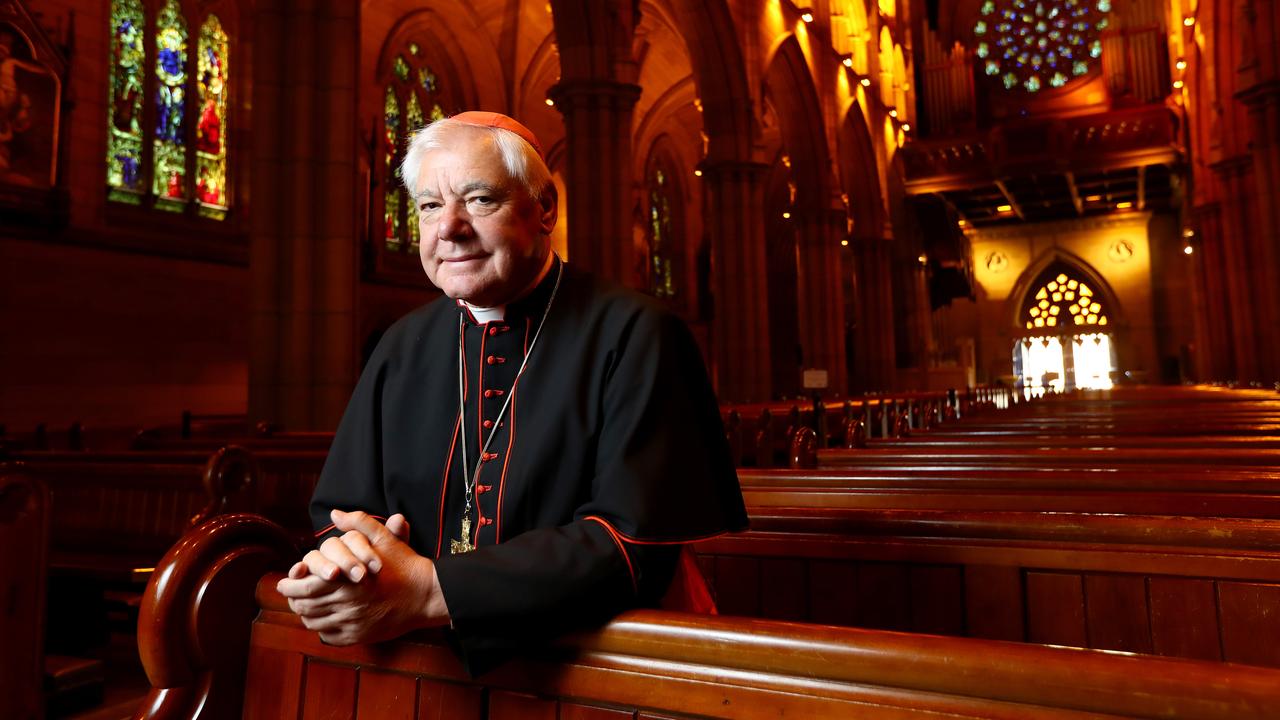To sleep, perchance to clean
The question of why we need to catch zzz’s on a regular basis is keeping bright minds awake.

After the second day without sleep, Randy Gardner realised he could no longer manage to recite simple tongue-twisters. After the third day he found his sense of smell had heightened, to the point where even mild aromas were unpleasant. After four days the hallucinations began, and stayed with him for the week that followed.
Only after he made it past 264 hours — and with it the previous world record for sleep deprivation — was the 17-year-old Californian allowed to stop. He had started his experiment as a bit of teenage bravado, he ended it as a celebrity and a test subject of doctors who, fascinated, whisked him away to a bed in a hospital. There, at last, he lay down and slept.
That was in 1963, and thanks to other experiments — also of the kind that could be performed only in an era before university ethics committees — we have a fair idea of what would have happened if he had continued.
Results vary by animal, but you can keep a cat awake for about two weeks before it dies, while rats last about a month. Adult dogs survive between nine and 17 days; puppies drop dead in two. In other words, sleep, of either the temporary or final kind, gets you in the end.
We are fascinated by sleep. There is a book out about sleeping disorders titled The Nocturnal Brain, and another about insomnia, Why Can’t We Sleep? That title is itself a reference to one of the publishing sensations of the past two years, Matthew Walker’s Why We Sleep.
Sleep sells. People are obsessed by sleep. We don’t only want more of it. We also want to read about how to improve it (47 per cent claim worries keep them awake), about what screens are doing to it (bad things), about its health benefits (good things) and about whether — like former British prime minister Margaret Thatcher — we can get by on less of it (not really, or not if we want to stay healthy).
Mystery of slumber
Yet few of us do more than tangentially consider the biggest question of all, an enduring mystery that remains one of the great paradoxes of the brain. Why do we sleep at all?
The question is, in one sense, silly. We know what happens when you don’t get enough sleep. Long before you reach Randy Gardner levels of deprivation, your productivity drops, you become more emotionally unstable and you are more prone to risk-taking. After 17 hours awake, your alertness declines to a level that, were it caused by drinking, would make it unsafe to drive.
Regular sleeplessness raises your risk of obesity, heart attacks, diabetes and cancer. Air stewardesses who fly across time zones double their chances of contracting breast cancer. Regular shift workers have about a quarter higher risk of heart disease. Compared with those who get seven hours a night, for each hour less you sleep your chances of contracting type 2 diabetes rise by 10 per cent.
We even know, in some instances, the mechanism by which this occurs. We know that during sleep the body’s important metabolic functions are restored and repaired. In the brain itself, sleep is absolutely crucial to forming and maintaining memories and understanding the world. “Sleeping on a problem really can help the human brain find new solutions,” says Russell Foster, professor of circadian neuroscience at Oxford University.
Good sleep, then, should be, like diet and exercise, one of the pillars of preventive medicine. If it were a drug, doctors would prescribe it for virtually every ailment.
Explaining why we sleep, though, is subtly different from simply explaining how it is good for you. “The question of why sleep evolved in the first place is often buried beneath the increasing mass of data relating to the evident and dramatic consequences of sleep loss,” says Foster. This question, he says, has been “debated endlessly” among his peers.
The fact that beneficial things happen during sleep doesn’t mean they’re the reason for sleep.
Given we are already asleep, it makes sense for our bodies to perform other housekeeping in our downtime, but that does not mean all that housekeeping is the ultimate cause. Lots of these things happen, or could happen, when we’re awake. One of them, though, is not only critical to life, so the argument goes, but simply cannot be performed satisfactorily while conscious.
Hence the debate: why do our brains have to shut down in the first place? And the clue to the answer, some scientists now think, might come in the slow madness that engulfs the sleep-deprived, in the gritty feeling that new parents complain of in their brain, and ultimately in a different kind of madness that afflicts many of us at the end of our lives: dementia.
Dozy danger
Sleep feels so normal that we rarely stop to think how astonishingly unlikely it is. The need to sleep means that humans have evolved to incapacitate themselves for a third of their existence. What is even stranger is that it is not just humans who expose themselves to this danger.
Sleep is so fundamental that every animal does it. Every higher species voluntarily places itself at risk of attack in the service of a daily loss of consciousness. Even migrating birds, which stay on the wing for days at a time, will close down one hemisphere in turn, so that half their brain sleeps while the other stays awake. Scientists analysing Gardner suspected something similar happened to him. “His brain,” they suggested, “had been catnapping the entire time … parts of it would be asleep, parts of it would be awake.”
The hallucinations were really just waking dreams; in one sense he had not been completely sleep-deprived after all.
Given the obvious cost, how could a regular state of unconsciousness be forced upon all animals? Evolution works to gain every edge it can — a percentage point in speed, a gram of extra muscle, a cubic centimetre of brain volume — so how has it allowed this huge disadvantage to persist?
“While asleep we do not eat, drink, or knowingly pass on our genes,” says Foster. “This suggests that sleep provides us with something of profound value. If we are deprived of sleep, the sleep drive becomes so powerful that it can only be satisfied by sleep. As a result, many researchers have assumed that there must be a single overarching role for sleep embedded deep within our biology.”
Dementia link
One of the best guesses as to what this true function of sleep might be comes from recent research seeking to solve an ostensibly completely different question: why do we get dementia?
Here is how we think Alzheimer’s works. In a normally functioning brain, waste products are produced and then removed. In Alzheimer’s, one of these waste products — a protein called amyloid beta — is not removed fast enough. It builds up and produces plaques that, along with another protein called tau, foul up the workings of the brain, preventing the creation of new memories and destroying brain cells.
Billions of dollars have been spent by pharmaceutical companies on drugs that try to break down this protein. All have failed. Without a cure for Alzheimer’s, the best doctors can do is to work out how to prevent it happening in the first place. To do this, they follow large groups of patients to see what lifestyle factors appear to correlate with the disease. Again and again, one correlation comes up: sleep. People who sleep less are more likely to develop dementia.
A correlation is not itself proof; it could be that the early sign of Alzheimer’s is sleeplessness. But there is now evidence that links the protein itself with the sleep. Just last month a study found that in cognitively normal people a single night of poor sleep led to raised levels of tau and amyloid beta. There was an obvious conclusion: sleep is when we clean the brain.
For Matthew Walker, from the University of California at Berkeley, this makes the evidence “very compelling”.
“The two fundamental culprits that instigate Alzheimer’s are both there after one night of disruption,” he says. “Sleep is not optional, it’s a non-negotiable necessity. Rats die as quickly from food deprivation as sleep. It appears to evolve with life itself, and has fought through heroically every step of the evolutionary path. That suggests it is one of the critical life-support systems.”
And it is possible, he says, that this critical support could be in something that simply cannot be done while conscious: brain cleaning. Other housekeeping tasks might be performed by the body during sleep because it is convenient, but might this be the crucial thing that is done then because it is impossible otherwise? “People argue sleep is of the brain, by the brain and so for the brain,” he says.
As far as he is concerned, while this is an interesting argument, it is not an especially useful one. Given all the other systems that have co-evolved to take advantage of our downtime, it is pointless to separate out which is most important.
Awake and worried
That is why Walker is worried about a very modern problem: poor sleep. “We didn’t used to find it difficult to get to sleep,” he says. “If you look at rates of insomnia now, they are probably around 12 per cent. If you study hunter-gatherer tribes you see 2 per cent to 4 per cent. Something about modernity has distorted us and contorted us to have ever-increasing sleep difficulty.”
In terms of the culprits, he blames almost everything about our lifestyles, from longer working hours that cut into our time allocated to sleep, to artificial light and stress that means we can’t sleep when we do lie down. Worse, we fetishise this. “There is still sleep machismo. People feel able to brag about how little sleep they are getting. We stigmatise sleep with the concept of laziness and sloth. There is a sleep-loss epidemic.”
Yet if he is certain we need more sleep, when he does stop to consider the evolutionary argument Walker admits to being uncertain he has the answer. Neither he nor Foster is completely satisfied that brain cleaning resolves the mystery of sleep.
Foster thinks that it could even be something far simpler. The rotation of the Earth ensures there must be a period for all animals, whether nocturnal or diurnal, to which they are poorly adapted — so perhaps enforced biological downtime, with all the ancillary benefits it brings, is a sensible recuperation strategy.
Living to kip
Walker has a different pet theory, that we have just got the question the wrong way round. Could it be that the mystery is not why we sleep, but why we are awake? “We have this idea that sleep evolved. I’m not sure that’s true,” he says. “I’ve often thought maybe we started out sleeping and it was from sleep that wakefulness evolved. Wakefulness is low-level brain damage. Maybe we started out in a state of sleep, then evolved to have wakefulness but had to return to a proto-state.”
Guinness World Records does not list Gardner’s achievement any more. In the light of new science about the role of sleep, it decided to withdraw the category: the organisation felt it was encouraging people to put their lives in danger.
At least initially, as far as Gardner was concerned, that would have seemed to be overkill. At the end of the 11 days he was well enough to give a press conference, then he went to hospital and slept for 14 hours. Two days later he returned to school, apparently unaffected.
These days, though, he is not so sure. In recent years, he has had a recurring problem that he cannot seem to fix, which he attributes, ironically, to his experiment. He suffers from terrible insomnia.
The Times



To join the conversation, please log in. Don't have an account? Register
Join the conversation, you are commenting as Logout